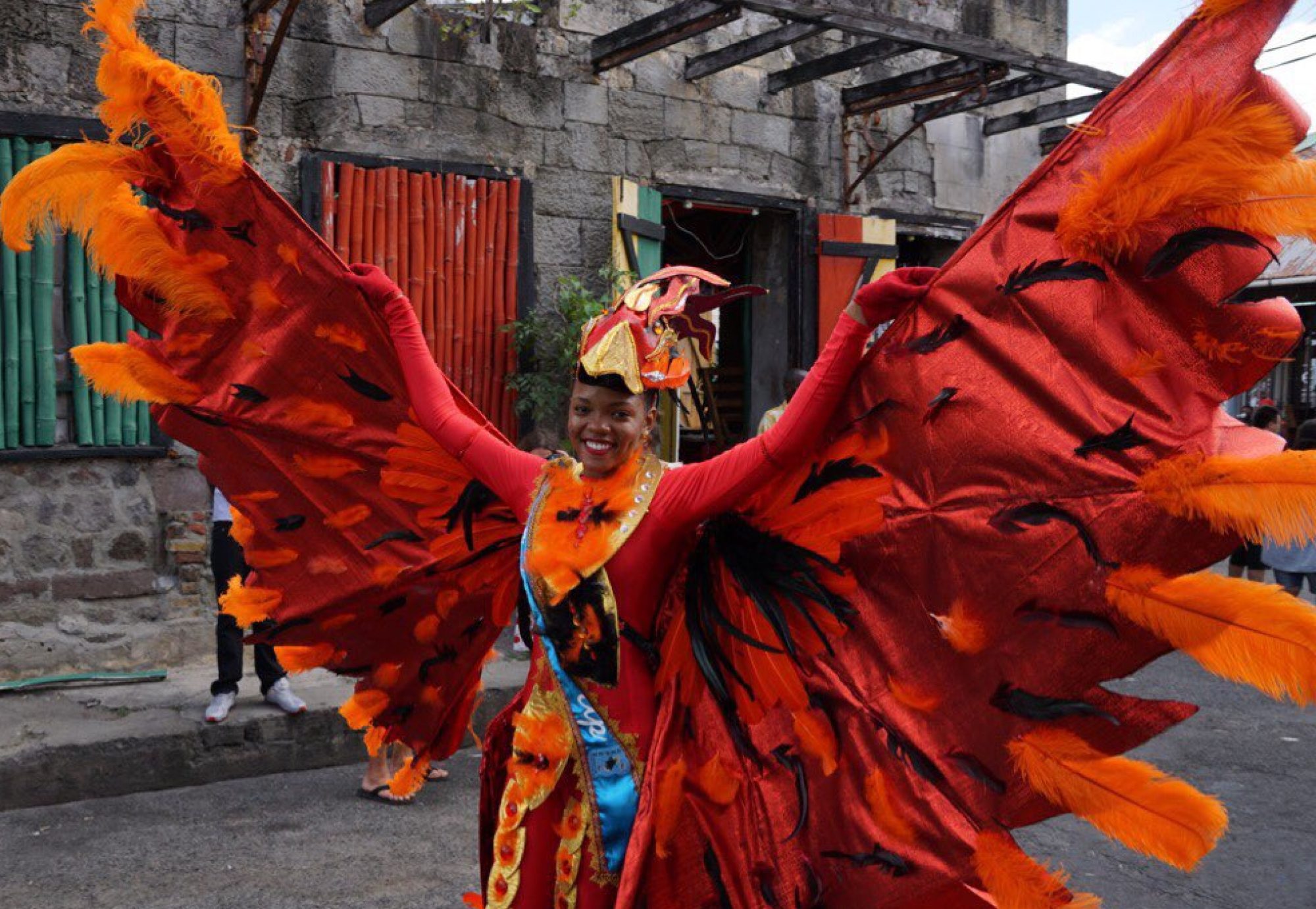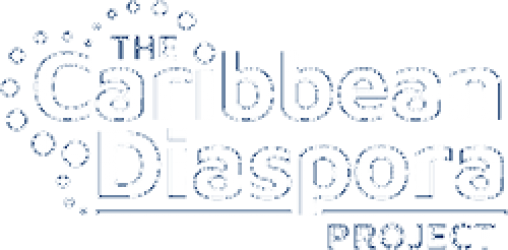Acceptable Use
The Caribbean Diaspora Project makes every effort to ensure that it has the appropriate rights to provide access to content for educational and scholarly use through our web platforms.
Given the multifaceted nature of our web presence and the digital contents managed and showcased in our web platforms, The Caribbean Diaspora Project has adopted a multi-level, modular approach to copyright, aimed at striking a productive balance between the protection of intellectual property and the preservation and dissemination of knowledge for educational purposes, within and beyond the scholarly realm. We encourage you to use materials from our website, provided that you follow these guidelines:
Copyright Policy
In the spirit of fostering the circulation of information and the generation of new knowledge, the overall intellectual property of the Caribbean Diaspora Project is licensed under a Creative Commons Attribution-NonCommercial-NoDerivatives 4.0 International License. This intellectual property protection dovetails with copyright law to allow our users to download our original works and share them with others as long as they credit The Caribbean Diaspora Project and don’t change them in any way or use them commercially.
To circulate original materials created by The Caribbean Diaspora Project, citations should take the following form:
The Caribbean Diaspora Project (Date). “Title of source or page.” CaribbeanDiasporaProject.org. Retrieved on [Date] from [source URL].
The Caribbean Diaspora Project website contains a wide variety of materials from many different institutions and private collections. The owners have granted The Caribbean Diaspora Project non-exclusive rights to include these materials and to make them publicly available for research, teaching, and study. Some items are in the public domain and may be freely used by anyone; in the case of other items, the contributing institution/individual is the copyright holder and may grant permission for certain uses; for still others, the copyright owner is a third party or is unknown and users will need to conduct their own analysis (and may need to contact a copyright holder directly).
The first step for determining the copyright status of a given item is to consult the information about the item such as rights status, creator, and date. This information can be found in our website and/or within the item’s metadata. The contributing institution/individual may have additional information about the item and its copyright status; contact information for each project creator can be found within the item’s metadata and/or in our website, or you can contact us to request further information.
You may still be able to use items that are protected by copyright for educational, research, or other purposes. You –not The Caribbean Diaspora Project or the item’s contributing institution/individual– are responsible for determining whether your use of an item is permitted by law. You can learn more about what uses of copyrighted materials are allowed by law at the American Library Association’s Copyright Advisory Network, which has tools to help explain copyright guidelines for instructors and fair use.
Notice and Takedown Policy
If you hold the rights to materials in our digitized collections that are unattributed, please let us know so that we may maintain accurate information about these materials.
If you are a rights holder (or an agent authorized to act on the owner’s behalf) and are concerned that you have found material on this website for which you have not granted permission (or is not covered by the Fair Use or other exception to a copyright holder’s rights), please contact us and include the following information:
- Your contact information (including postal address, email address and telephone number);
- Exact URL where you found the material;
- Details that describe the material (title, collection name, number of items, etc.);
- The reason why you believe that your rights have been violated, with any pertinent documentation;
- A statement that you in good faith believe that use of the material in the manner complained of is not authorized by the copyright owner, its agent, or the law; and
- A statement that the information in your notification is accurate and that you are the rights holder or are authorized to act on behalf of the owner.
Upon receiving a notice that includes the details listed above, we will promptly acknowledge receipt of your statement via email (or other means of communication if you do not have an email account), and temporarily remove the allegedly infringing material from public view while we assess the issues identified in your notice. Upon completion of our assessment, we will take appropriate action and communicate that action to you.
The Caribbean Diaspora Project makes every effort to ensure that it has the appropriate rights to provide access to content for educational and scholarly use through our web platforms. The Future of the Past is Digital!

